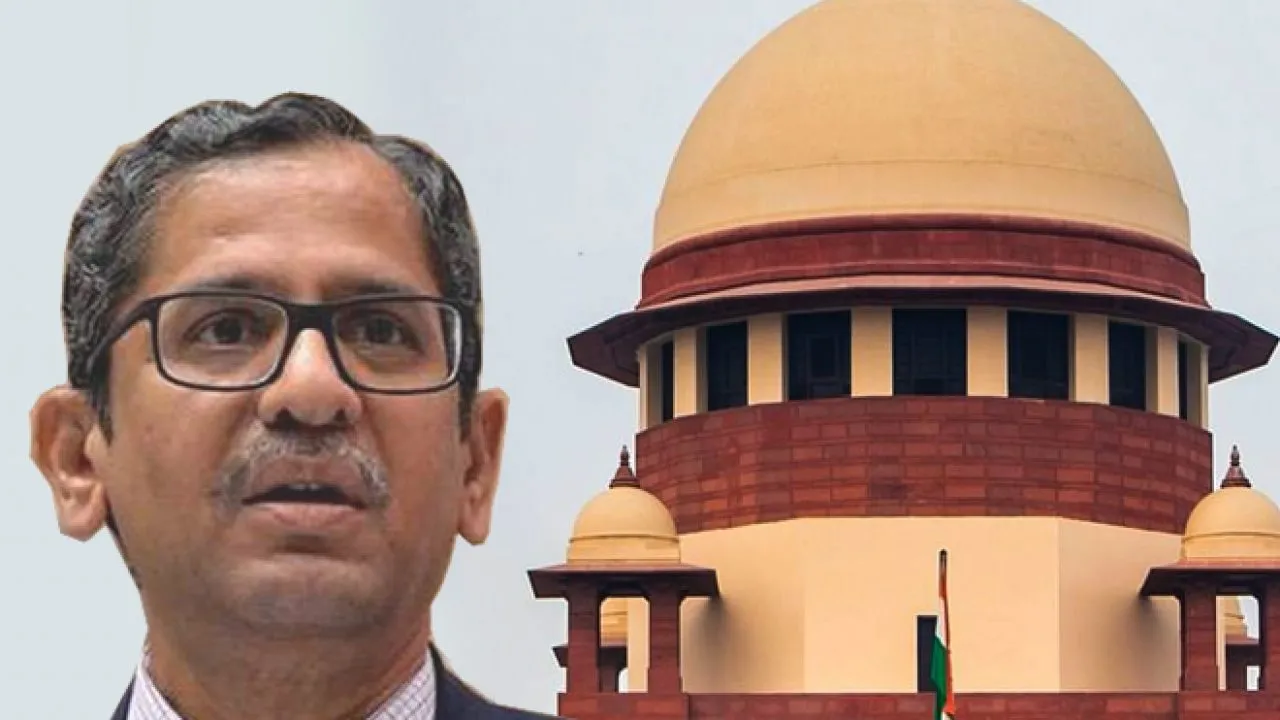Lack Of Strong Judicial System Making Indian Citizen Being Harassed Through Corporate And Government

Part of the largest democracy in the world, the Indian judicial system is too old to follow. From the monarchy to the British era and the modern system of independent India, the Indian judicial system has always sought to seek justice for the innocent and punishment for the guilty. The modern judicial system administers the common law system of legal jurisdiction. Laws are codified, and different types of punishments are given depending on the crime of the culprit.
The backlog of cases in India’s judicial system is piling up due to an insufficient number of subordinate judges and vacancies in courts, leading to overcrowding in jails with a large proportion of people under trial. If a legal remedy or an equitable remedy is available to the injured party but does not come in time, it is essentially the same as having no remedy at all.
Despite the independence of the judicial system from the executive and legislature, the Indian judicial system faces many challenges. We will now discuss a few issues faced by the Indian judicial system.
Problems with the Indian Judicial System
All Courts have their judicial system and are to be governed by laws as per the Constitution of India. It is the responsibility of the Judicial System, as instructed by the Constitution, to be its regulator. They do so by scrutinizing any act of the legislature or the executive, who are otherwise free to enact or execute them without exceeding the limits set for them by the Constitution.

The Indian judicial system is independent of the legislature and the executive in India. Considered causes of court delays include rising crime rates, an expanding network of laws, the inaccessibility of people in isolated geographic areas to courts, insufficient police and state background checks, the lengthy process of securing legal aid, and the growing number of complex cases.
The main problems facing the Indian judicial system are:
• Case dependency.
• Corruption.
• Absence of Clarity in the process.
• Judge vacancies.
• In the trial of the accused.
• Absence of communication between individuals and the judicial system.
The glaring shortcoming of the Indian Judicial System is the huge pendency or backlog of cases at all levels of the Indian judiciary. About four thousand of them are cases in the High Court, 65,000 in the Supreme Court. The number of incomplete issues is growing continuously.
The number of prosecution institutions is relatively large compared to the number of judges who have to handle it. The large number of cases heard by the Supreme Court and other lower courts has defeated the purpose of the judicial system.
Problems Faced by the Common Man Due to the Weak Judicial System
As per the constitutional provision, there is no provision for registering an FIR against a judge who has accepted a bribe without obtaining the permission of the Chief Justice of India. Visiting the CJI, getting his permission, and then registering an FIR is not what the poor man would prefer to do. This will be more expensive and time-consuming for him, in addition to court and lawyer costs.

The judiciary is an organ of government that is not accountable for its actions. The Right to Information Act does not apply to the judiciary. Judicial post vacancies have continuously been thoughtful worries of the judges. The interconnectedness of cases is also a consequence of the unfilled positions of judges. After the normalization of the pandemic, there was an alarming increase in judicial vacancies by 40%. The government is taking all measures to deal with the vacancies, but the problem persists.
Like the other pillars of democracy, the executive and the legislature, the judiciary (in some cases) is involved in corruption. There was no accountability system in place. In the case of court trials, even the media cannot give a correct and clear picture of the corruption scenario. The media seems to focus more on exposing corruption in other areas, especially in the executive branch.
A minister accepting a bribe or distributing money during an election may make headlines, but a courtroom clerk who takes a bribe and changes the date of a trial goes unnoticed.
India’s jails are full of people on trial; they are locked up in jail until their case comes to a definitive conclusion. Most of the time, they end up spending more time in prison than the actual sentence they could have been given if the case had been decided at a given time, and assuming it was decided against them.

Moreover, all the expense, pain, and suffering they use to defend themselves in court are worse than serving the actual punishment. They are not guilty at trial until convicted. On the other hand, the rich and powerful can bring the police to their side, and the police can harass or silence the inconvenient and poor during long legal ordeals.
There is no doubt about the credibility of the Indian judicial system. It is one of the largest court systems in the world, which has the law for almost all types of criminal activity. Looking back in history, the Supreme Court has delivered over 25,000 reported judgments since its inaugural session on January 28, 1950. However, the problems of corruption, backlogs, and lack of transparency in the judiciary cannot be avoided. So, if the judicial system removes these backlogs, we can consider the Indian judicial system the best judicial system in the world.
Also, the common man’s faith in the judiciary can be restored before it is completely lost. India, as a developing nation, needs legal changes in every possible sector to keep growing among other developed nations and to be in the limelight as the most progressive country, judicial reforms are also a must to ensure an impartial, predictable, accessible, and efficient judicial system.
edited and proofread by Nikita Sharma




